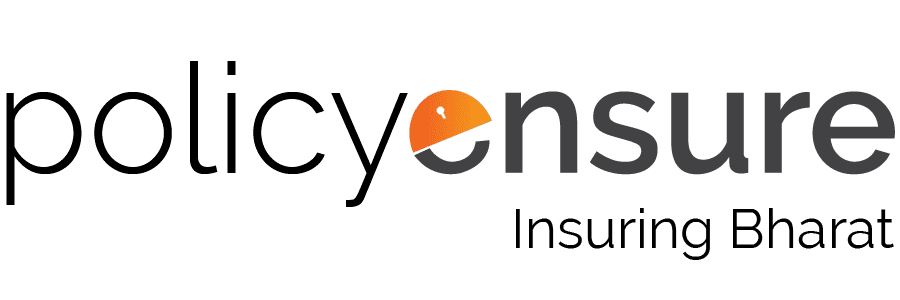Tips for zeroing in on right general insurance policy

Today’s uncertain environment has made it necessary to have an insurance policy at your disposal. While taking care of your financial needs, it also provides peace of mind for you and your loved ones. However, for any person who is looking forward to purchasing a policy, understanding the general insurance jargon and terminologies can be hard.
In a bid to procure the maximum advantages from your policy, it is necessary for an individual to know the basic technical words, which would not only help them to understand their policy in a better manner but also aid them in purchasing a good policy. Furthermore, regardless of how daunting the insurance contract appears, following a few of the recommendations can help ease the process of understanding the policy terminology.
Self-learning through research
Self-learning is an approach to gaining knowledge about any subject where the individual makes the effort to explore the necessary resources. This concept can be applied to learning about general insurance and its terminology as well. First and foremost, you can familiarise yourself with basic insurance terms, which include premium, coverage, insurer, policyholder, deductible, and more.
Then you can go to online resources, such as insurance websites, via search engines to gain information about these jargons. On the websites, you can also engage in conversations with AI chatbots that can provide valuable information regarding the insurance. This approach is efficient as it provides a certain amount of independence to learn, where you can explore different types of insurance and their respective jargons at your own pace and make an informed purchase decision.
Studying the insurance documents
An insurance policy document is a reference document that contains all information regarding cover (the scope of protection provided by the policy), insured (the person or entity covered by the insurance policy), insurer (the insurance company that provides the coverage), premium paid (The amount paid to the insurance company), policy term (the duration of the policy), and more.
The insurance firm issues the document to detail the terms under which the policy is offered. Therefore, while selecting a policy, it is advised to read the policy documents, which also include terms and conditions. In these policy documents, a person should pay attention to key details such as coverage limits, waiting periods, exclusions, claim procedures, and more.
Consult an insurance advisor
Despite educating yourself through online research or reading the general insurance documents carefully, it can sometimes be daunting to understand specific terminology while considering the right policy. In such cases, it is advised to consult an insurance advisor. With their guidance, you not only get accurate and updated information about the insurance but can also get personalised guidance based on your needs.
They are the experts who have in-depth knowledge about different types of policies and their terminologies, which are difficult to grasp. What policy advisors can do for you is break down the policy language, explain key provisions, and ensure that you understand what you are purchasing. While you can learn about different types of policies and their jargon, you can also utilise their expertise to gain maximum coverage and recommendations.
All things considered
It cannot be understated that for an ordinary person, understanding general insurance jargon and terminology can be difficult. Moreover, there are numerous types of insurance, clauses, terms, and conditions, which can be overwhelming to comprehend. However, owing to technological advancements, internet penetration, and smart devices, customers are able to research insurance policies online. Moreover, they also have easy access to insurance documents today, from which they can gain more knowledge before making a purchase.
However, the most efficient method is to contact an insurance advisor or point of sales person (PoSP) who can provide their knowledge of the technical jargon and also provide advice, recommendations, and personalised guidance on insurance policies. With a flourishing insurance market in India, there are several solutions available for customers to explore, and a lack of information on the subject should never let them be deprived of its benefits.




